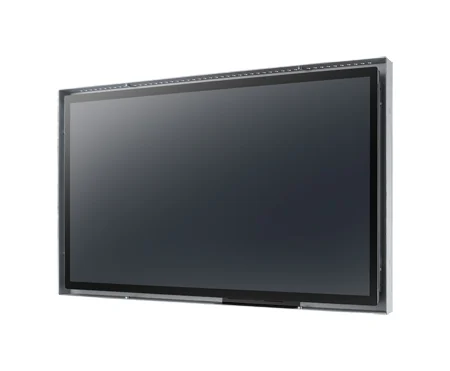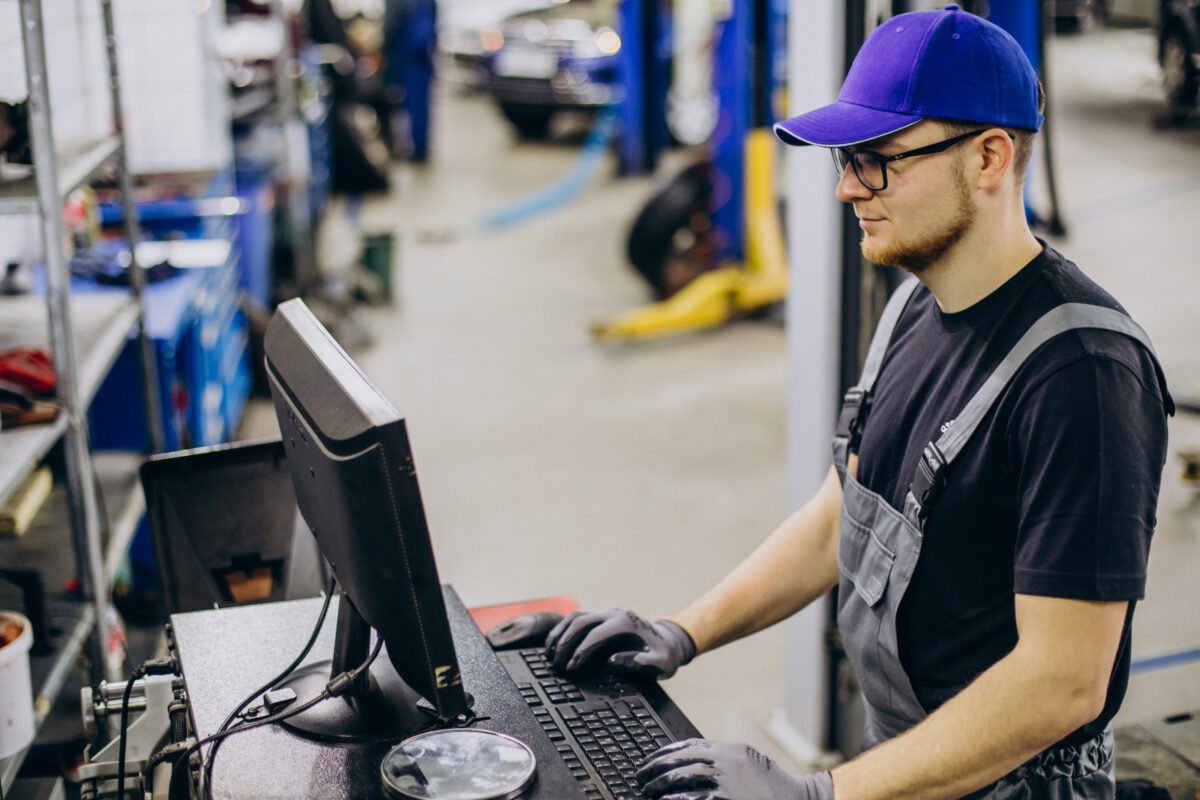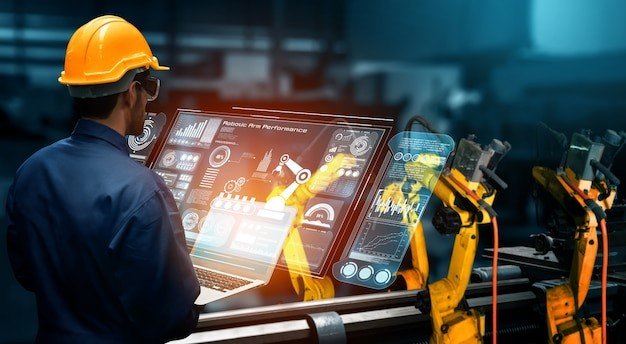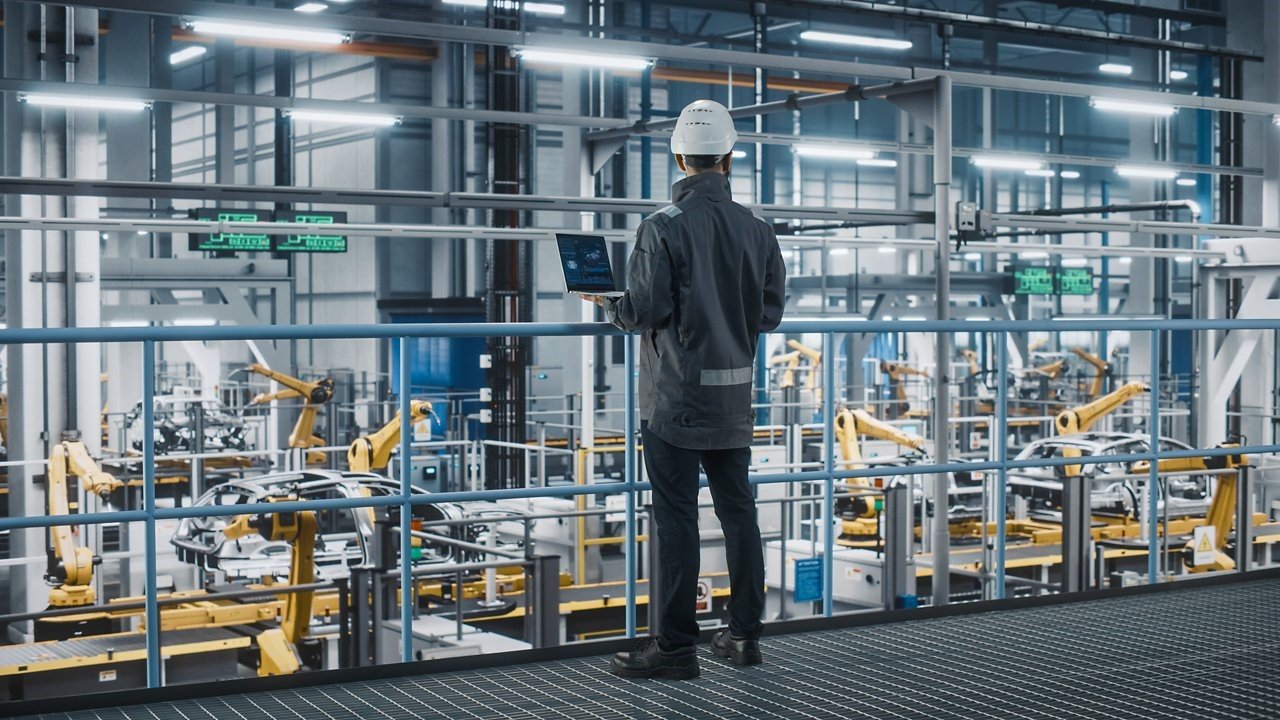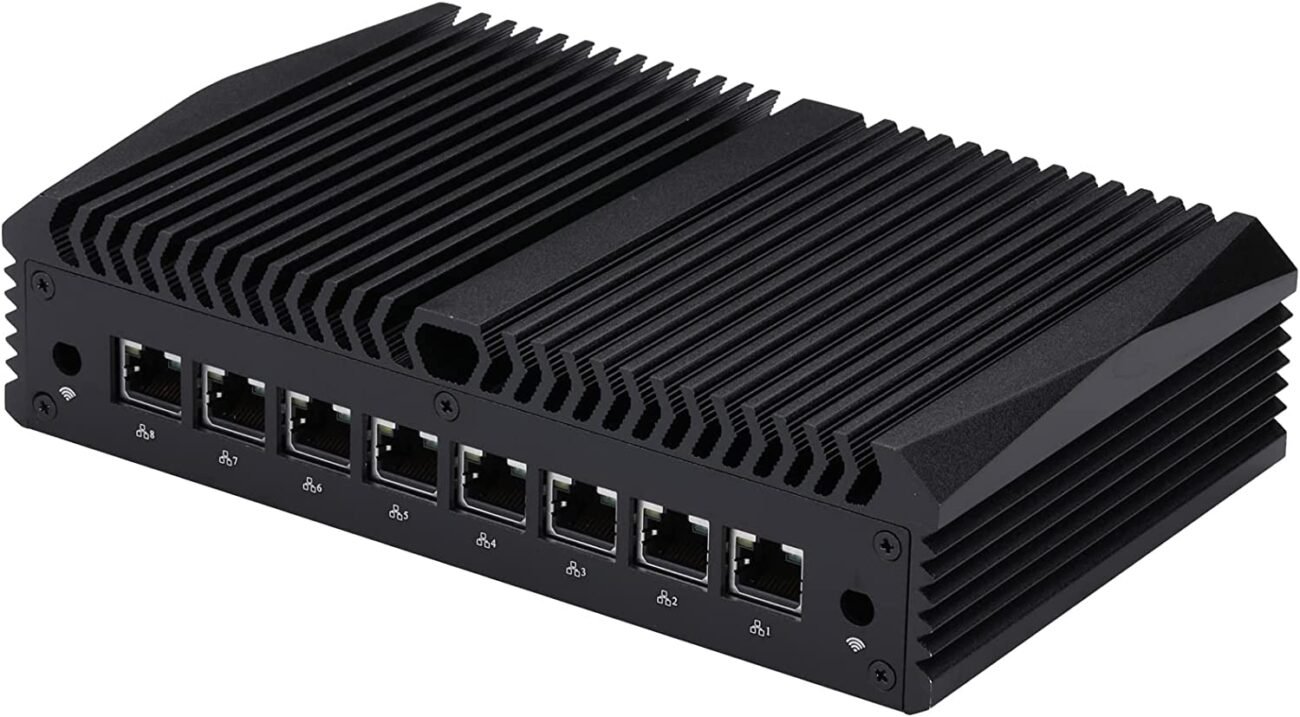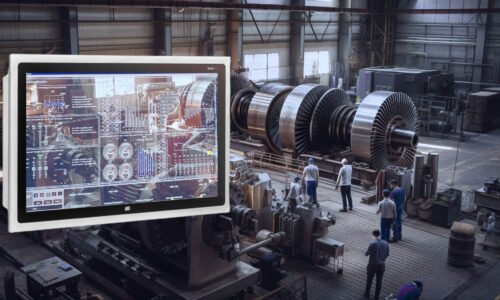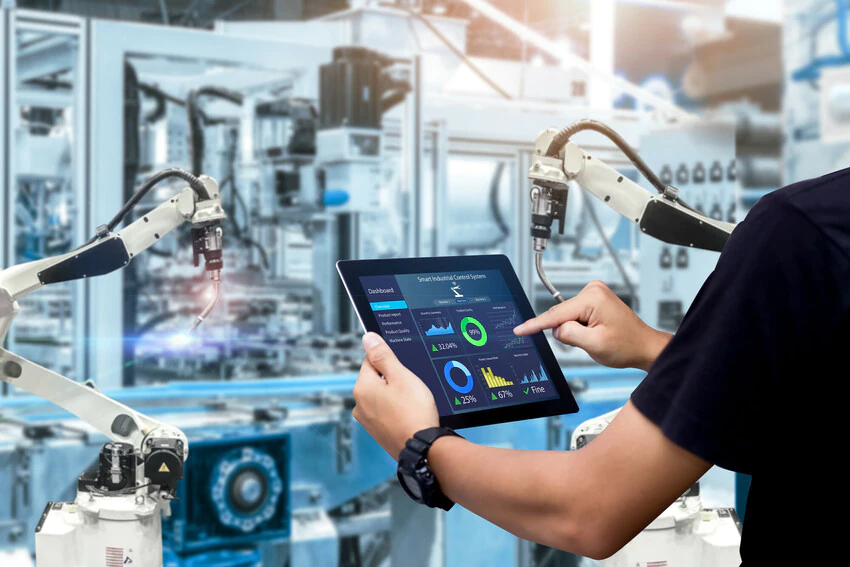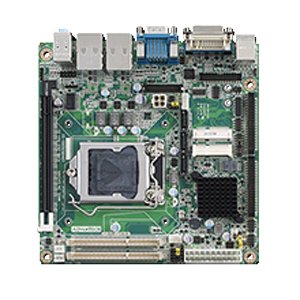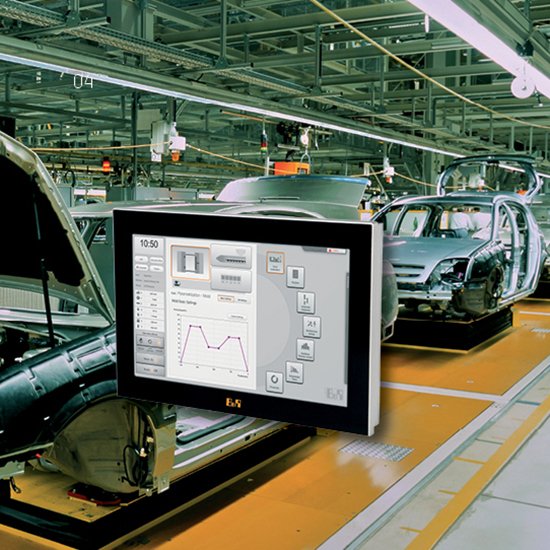If you’re in the market for an industrial computer, you know that one of the most critical decisions you’ll face is choosing the right operating system (OS). The operating system serves as the foundation for your computer, affecting its performance, security, and compatibility with various software and hardware components. With the wide range of options available today, it’s crucial to make an informed choice that aligns with your industrial computing needs. In this article, we’ll guide you through the process of selecting the ideal operating system for your industrial computer.
Understanding the Role of the Operating System
Before delving into the specifics, let’s understand the pivotal role of an operating system in an industrial computer setup. The OS is the interface between the hardware and the user, facilitating communication and managing resources. It directly impacts factors like system stability, response time, and overall efficiency.
Factors to Consider When Choosing an Operating System
Compatibility with Industrial Applications: Different industries rely on specific software applications. Ensure that the chosen OS supports the critical software needed for your operations.
Real-time Capabilities: Some industrial environments demand real-time processing for tasks like data analysis and control. An OS with real-time capabilities is essential for such scenarios.
Hardware Compatibility: Your chosen OS should seamlessly work with the hardware components of your industrial computer, including sensors, controllers, and interfaces.
Security Features: Industrial systems often handle sensitive data. Opt for an OS with robust security features to prevent unauthorized access and data breaches.
Popular Operating Systems for Industrial Computers
When it comes to industrial computing, several operating systems stand out:
1. Linux-based Systems
Linux offers versatility and customization options, making it a popular choice for industrial setups. Its open-source nature allows for tailored configurations and robust security.
2. Windows Embedded
Windows Embedded variants provide a familiar interface and extensive compatibility with various applications. They are suitable for environments that require user-friendly interfaces.
3. RTOS (Real-Time Operating System)
RTOS options like VxWorks and QNX offer deterministic response times, critical for industries like manufacturing and robotics, where timing is crucial.
Tailoring Your Choice to Your Industry
Different industries have distinct requirements. Here’s how to match your OS choice to your specific needs:
1. Manufacturing
For manufacturing, an OS with real-time capabilities is vital to control production processes precisely and ensure seamless operations.
2. Healthcare
In healthcare, security and compatibility with medical equipment software are paramount, making Windows Embedded systems an attractive option.
Making the Decision
Choosing the right operating system involves evaluating your industry needs, hardware compatibility, and long-term scalability. It’s advisable to consult IT experts who specialize in industrial computing to make an informed decision.
Conclusion
Selecting the optimal operating system for your industrial computer is a crucial step that impacts performance, security, and overall functionality. By considering factors like compatibility, real-time capabilities, and security features, you can make a decision that aligns with your industry requirements. Remember, there is no one-size-fits-all solution; the right OS depends on your specific use case and long-term goals.
FAQs
Q: Can I change the operating system later if my needs change?
A: Yes, it’s possible to switch operating systems, but it can be complex and time-consuming. It’s better to make an informed choice from the beginning.
Q: Is Linux more secure than Windows for industrial computers?
A: Linux’s open-source nature can enhance security through customization, but both Linux and Windows offer secure options when properly configured.
Q: Are there any free RTOS options available?
A: Yes, some RTOS variants are open-source and can be used without licensing costs.
Q: What role does the hardware play in OS selection?
A: Hardware compatibility is crucial. Certain OSs are optimized for specific hardware configurations, so it’s essential to choose an OS that works seamlessly with your components.
Q: How often should I update my industrial computer’s operating system?
A: Regular updates are essential to maintain security and compatibility. Consult your OS provider’s recommendations for update frequency.

